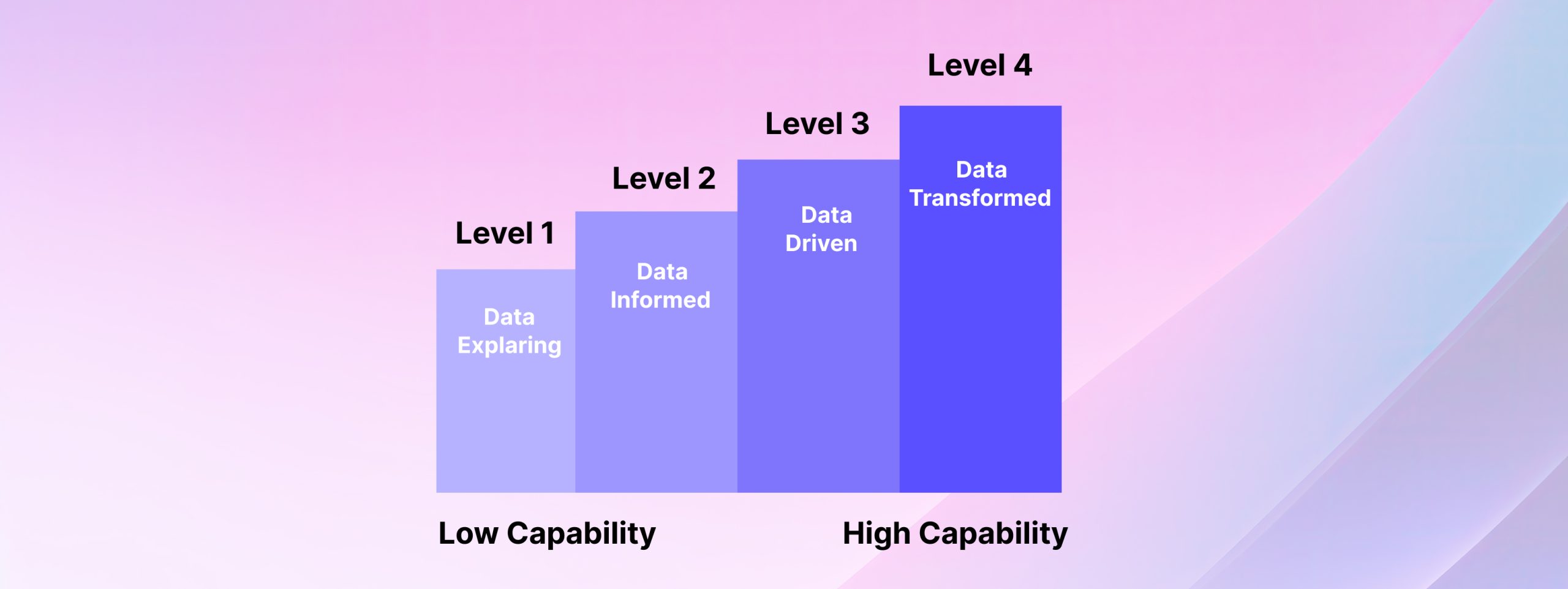Quality of the data has always been the biggest issue that reduces data trustworthiness. Shockingly, 70% companies don’t trust their data as they are not satisfied with its quality.
It’s been said that bad workers shouldn’t blame their tools. The same thing applies to data quality improvement measures.
If your data is not up to the mark, how can you use it for your process?
This blog will provide a deep insight into data quality measures and how they’re getting prioritized across companies in brief. Also, we’ll touch upon the need for quality data in AI development and other related areas.
Do Organizations Trust Their Data?
Digital trust matters. Not just for customers, but also for organizations and data professionals. Recent reports show that 67% of organizations don’t trust data when it comes to making critical decisions. It happens simply because they don’t find enough quality in their data. Interestingly, the percentage of organizations that don’t trust their data has sharply increased over the years.
Trusting poor-quality data opens up several risks for the organization
- Unreliable Outcomes: If poor data enters the analytics, it will ruin the results. However, considering the flawed outcomes in the decision-making process can put organizations in danger.
- Waste time and resources: Using bad data or outdated records for making decisions is merely a waste of time and resources. Plus, it also stops you from being proactive in using your data to achieve better outcomes.
- Loss of revenue: Trusting low-quality data or unverified data can cause loss of revenue. Plus, it also undermines the brand image as it negatively impacts customer experience.
How Data Quality Scales Up Data Programs
Setting data quality standards is the best way to smooth the data operations. Once you improve the data quality standards, you can have better data insights for making the best decisions.
Building Trust
Quality of the data is the foundation of trust when it comes to using it for making decisions. Many organizations don’t trust their data, as we have seen before. But when organizations implement strategies to improve data quality, it helps build digital trust.
Improve Efficiency
The best thing about data quality is that it takes down the costs of correcting mistakes. Plus, it minimizes the reasons to make errors. Quality data reduces the issues of inconsistency, also. Organizations can easily avoid costly disruptions with the help of improving data quality.
Enhanced Customer Experience
Maintaining the quality of customer data plays an important role in marketing. It lets companies segment customers, establish targeted marketing, and offer personalized solutions. Ultimately, it will help companies increase the customer satisfaction level.
Establish Data Governance
Implementing data governance within the organization is vital. It provides you with a strategy to channelize your data. If you have quality data inside your system, it will ease the establishment of data governance practices. It fosters a data-driven culture within the organization across departments.
How to Take Control of Your Data Quality
The quality of your data must improve over time. When it comes to taking control of the quality of your data, you have to take proactive data quality strategies. With time, many organizations that were reluctant earlier to data quality now realize its importance. They are adopting data quality improvement measures and popularizing the entire concept of improving data quality.
Let’s see how you can take control of your data quality here.
Building a centralized data catalog
Every person in your team must see all the data assets. It can include metadata, lineage, and usage of your data. It becomes easy for your team members to locate your data and understand the meaning behind your actions. Creating a centralized data storage and catalog is a need for modern organizations. You can prepare it in the Cloud for remote access and ensure better data security.
Allote trust scores
Investing time in improving data quality also prepares you to identify areas where you need assistance. For example, providing trust scores can help figure out the problematic areas and understand how to fix the quality issues. Mostly, it helps figure out areas of inconsistency and improve the performance.
Establish data ownership
Bringing data governance through KPIs is the best way to establish data ownership. Data governance supports effective data management within an organization. It comes with core pillars, which are
- Data quality
- Data stewardship
- Data compliance
- Data management
Maintaining data governance principles through your data systems can provide full ownership over your data. It will minimize data error rates, inconsistent records, and ensure updating your database with latest insights.
How Quality Data Helps Grow the Business
Let’s take an example of email marketing or an email campaign to understand data quality better.
Suppose you have a target to send emails to 100 selected customers daily within a bounce limit. Your marketing team has worked hard to find out emails from website sign-up details. Now, you have all the signed-up emails before you. Ultimately, you tried to reach 100 customers daily but ended up reaching out to 10 customers.
Emails collected from website sign-ups are not a good source of quality data. In most cases, these emails are junky in nature. Quality is missing in that email database.
Hence, you need an email validator to verify the email database and improve the quality of your email database.
Similar to an email database, you can bring data quality into everywhere in your operations. Once you have improved the quality of your data, you can bring operational efficiency. Improved data quality helps businesses in many ways-
- Businesses can make better qualified decisions
- Provide a quality customer experience
- Bring growth and innovation to the system
- Help companies stay compliant
Do you know?
Data quality is essential for AI development
Human data annotators are the principal people who help machines get real-life experiences. They help prepare the training datasets for the machines to learn. Data annotation is the key process in which machines learn from data.
Anyway, the quality of the annotated data matters the most when it comes to training AI. Now most organizations are embracing AI, so they need to make sure their data is accurate and of high quality for machines to use.











